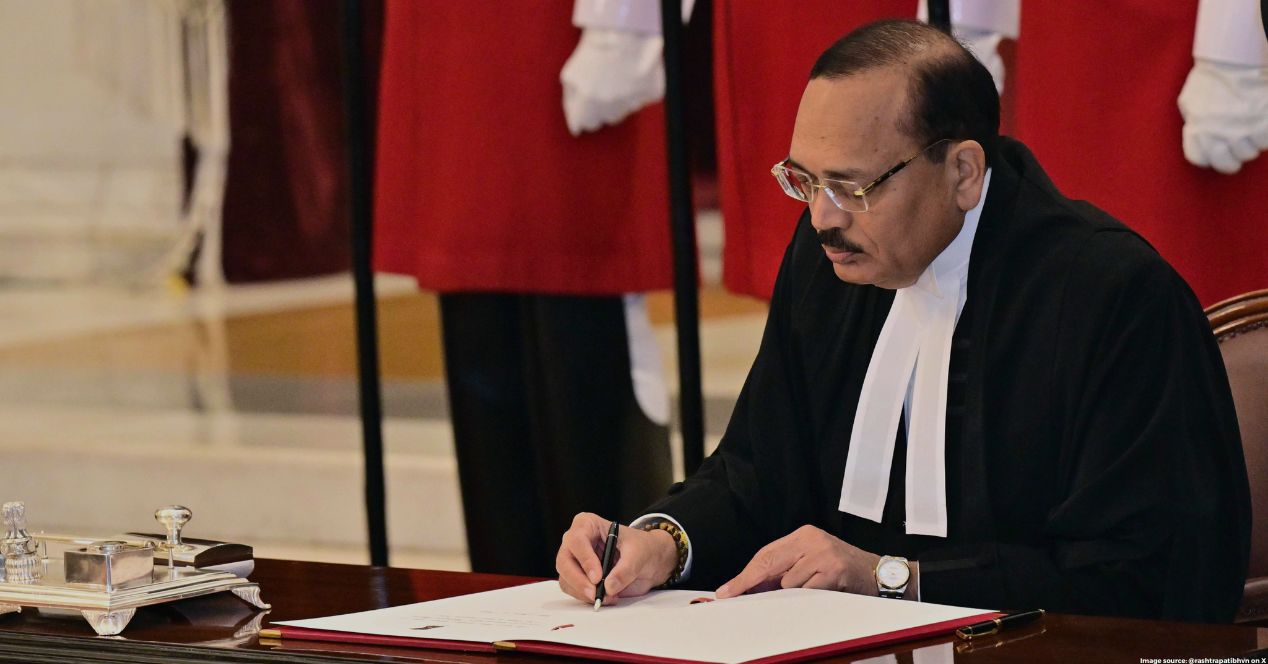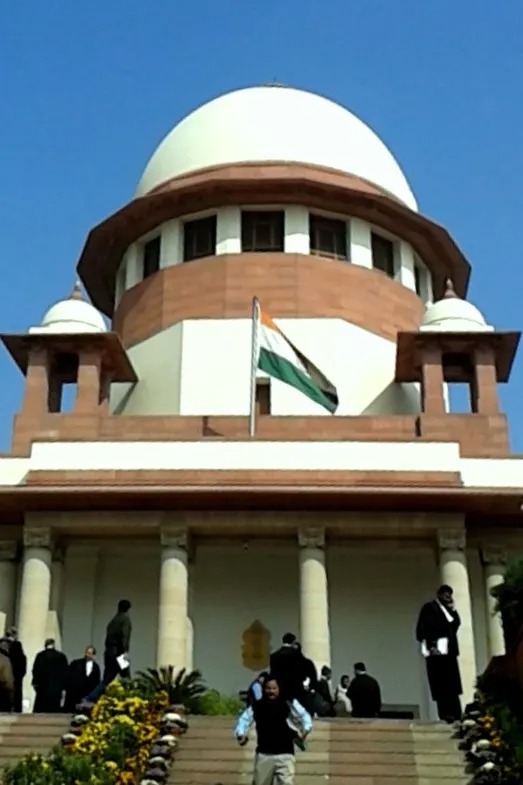T.P.S. Mann, J.@mdashThe petitioner has filed the present petition, seeking quashing of the order passed by Judicial Magistrate, 1st Class, Chandigarh on 19.11.2003, whereby he was summoned as an accused in a complaint u/s 138 of the Negotiable Instruments Act (hereinafter referred to as ''the Act'').
2. As per the allegations levelled in the complaint by respondent A.S. Ranga, President, Akhil Bhartiya Bank Employees'' Cooperative Urban Salary Earners Thrift and Credit Society Limited, the present petitioner had taken a loan of Rs. 33,300/- in the year 1996 from the Society and in lieu of the repayment of the said loan, acheque bearing No. 775528 dated 31.1.2002 for Rs. 70,728/- was issued. The said cheque was presented to the Bank of the accused but was returned unpaid with the remarks "Referred to Drawer". A legal notice was thereafter served by the complainant upon the petitioner which was received by the petitioner on 27.3.2002. In spite of the same, the petitioner did not make the payment and, therefore, complaint dated 4.5.2002 was filed.
3. After recording preliminary evidence led by the complainant, Judicial Magistrate, 1st Class, Chandigarh found sufficient grounds to summon the petitioner for the commission of offence u/s 138 of the Act.
4. While challenging the complaint and the summoning order, learned Counsel for the petitioner has submitted that the cheque in question was payable to the Akhil Bhartiya Bank Employees'' Cooperative Urban Salary Earners Thrift and Credit Society Limited for a sum of Rs. 70,728/-. If the said cheque was not honoured by the Bank, only the aforementioned Society could file a criminal complaint whereas respondent, who claimed himself to be President of the said Society, could not do so by becoming a party in his personal capacity. It was also stated that even the notice as required by Section 138 of the Act (Annexure P-1) was issued by the respondent in his personal capacity being President of the Society and not on behalf of the Society itself.
5. Another plea was taken on behalf of the petitioner that the entire loan taken by the petitioner had already been repaid by him but the cheque in question, which was only given as a security, was not returned.
6. Learned Counsel for respondent has argued that the complaint filed before the Court was maintainable as per authorisation of the Executive Committee of the Society, as per which the respondent was authorised to institute, conduct and defend the cases for and against the Society.
7. Further that the petitioner had taken loan of Rs. 33,300/- on 27.2.1996 and after deducting share money from his loan account, he was paid Rs. 30,000/- which was not paid by him to the Society. Accordingly, up to 14.12.2003, the outstanding loan amount stood at Rs, 1,00,738/-.
8. I have heard the Counsel for the parties and gone through the material placed before me.
9. Section 142 of the Act provides that a complaint u/s 138 can be made by the payee or the holder in due course of the said cheque. The cheque in question was issued in favour of the Society. However, the legal notice was sent by the respondent by referring himself as President of the same. Even while filing the criminal complaint, the respondent described himself as the complainant being President of the Society.
10. In Vishwa Mitter v. O.P. Poddar and Ors. 1984 (1) RCR (Crl.) 196 (SC), the Hon''ble Supreme Court held that it is clear that anyone can set the criminal law in motion by filing a complaint of facts constituting an offence before a Magistrate entitled to take cognizance. It has been held that no Court can decline to take cognizance on the sole ground that the complainant was not competent to file the complaint. Further, that if any special statute prescribes offences and makes any special provision for taking cognizance of such offence under the statute, then the complainant requesting the Magistrate to take cognizance of the offence must satisfy the eligibility criterion prescribed by the statute.
11. In The Associated Cement Co. Ltd. v. Keshvanand 1 (1998) CCR 82 (SC) : 1998(1) RCR 309 (SC), Hon''ble Supreme Court has held that complainant has to be a corporeal person who is capable of making a physical presence in the Court. It has been held that if a complaint is made in the name of an incorporeal person (like a company or corporation) it is necessary that a natural person represents such juristic person in the Court. It is held that the natural person who is looked upon, is for all practical purposes, to be the complainant. Further, that when the complainant is a body corporate, it is the de jure complainant, and it must necessarily associate a human being as de facto complainant to represent the former in Court proceedings. It has also been held, that no Magistrate shall insist that the particular person, whose statement was taken on oath at the first instance, alone can continue to represent the company till the end of the proceedings. There may be occasions when different persons can represent the company. It is open to the de jure complainant company to seek permission of the Court for sending any other person to represent the company in the Court.
12. In view of the law laid down by the Hon''ble Supreme Court in the aforementioned judgments, no fault can be found with the description of the complainant when he got issued the notice and later on while filing the complaint where he described himself as President of the Society.
13. The fact whether loan taken by the petitioner has been repaid by him or not involves determination of disputed question of fact which cannot be done in the present petition u/s 482, Cr.P.C.
14. No case is, thus, made out for quashing the order passed by Judicial Magistrate 1st Class, Chandigarh on 19.11.2003 while summoning the petitioner u/s 138 of the Negotiable Instruments Act.
15. The petition is, accordingly, dismissed.
16. However, nothing stated herein shall be construed as an expression of opinion on the merits of the case.

